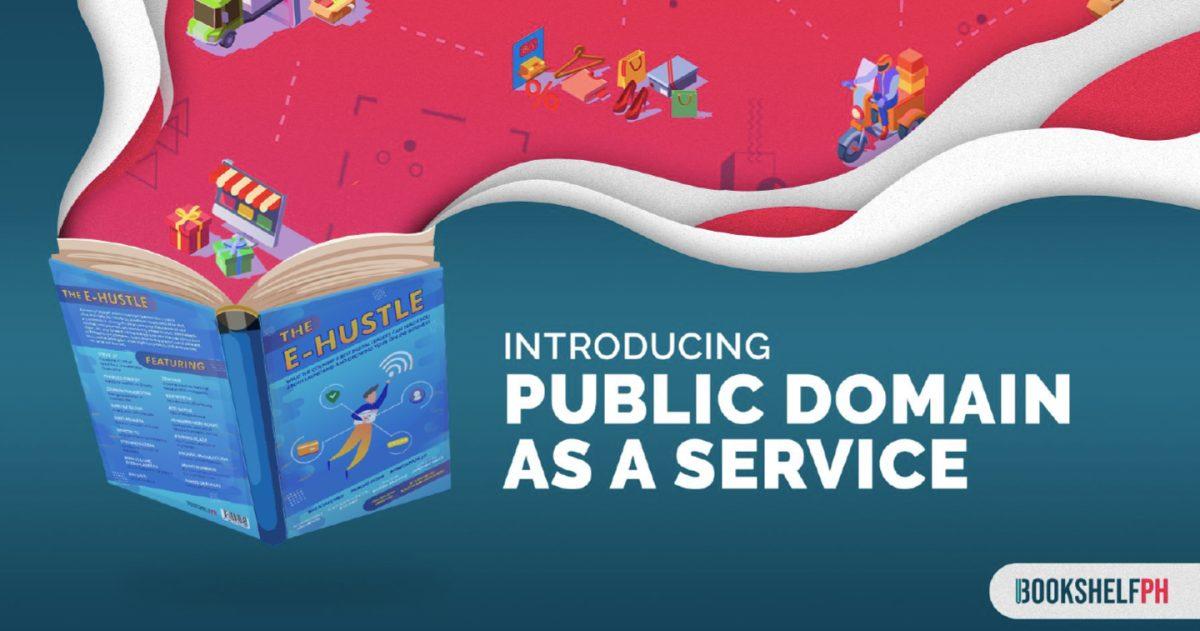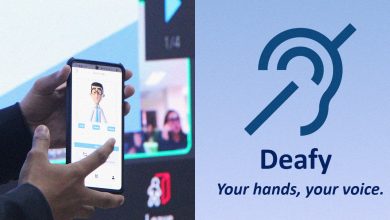MANILA, PHILIPPINES — Bookshelf PH releases non-fungible tokens (NFTs) for a recent book on e-commerce, as part of a bid to pioneer a sustainable model for releasing timely content into the public domain.
Recognized annually on January 1st, Public Domain Day marks the occasion when the copyright of some creative work expires. Once in the province of public domain, people can freely use and consume the work, which is beneficial as many of them are historically, culturally, or artistically significant.
Some important works in the Philippines in the public domain include the writings of Jose Rizal, including both El Filibusterismo and Noli Me Tángere, and the epic poems Florante and Laura and Ibong Adarna by Francisco Balagtas and José de la Cruz respectively.
While the public domain is extremely beneficial for great historical works, it has not usually been associated with modern writing. Such is unfortunate as recently published books may provide readers insight and information into current events, major trends, and relevant skills, but will not be accessible for a very long time (copyright expiration in the Philippines is the date of the author’s death, plus fifty years). This knowledge thus remains kept in a kind of walled garden, accessible to only the Filipinos with the disposable income to buy books.
Bookshelf PH, an online marketplace and boutique publisher for books, eBooks, and audiobooks, wants to challenge this notion. The organization is launching 17 individual non-fungible tokens (NFTs), each representing a chapter from its recent bestseller, The E-Hustle: What the Country’s Best Digital Leaders Can Teach You About Launching and Growing Your Online Business.
These NFTs will be auctioned on OpenSea, the largest marketplace for NFTs in the world and one that has drawn significant attention on account of users transacting in such high volume and often large value for its digital art, collectibles, and other items.
The NFTs for The E-Hustle will also involve digital art – a holographic adaptation of the original chapter cover, which will belong exclusively to the purchaser – as well as a utility: One a person or group buys a particular chapter, Bookshelf PH will release it to the public domain, making it freely available for all Filipinos to read.
This new model, which Bookshelf PH likes to call public domain as a service (PDaaS), aims to achieve the twofold goal of democratizing access to important content for Filipinos, and at the same time provide authors, publishers, and other content creators a sustainable incentive to continue doing so.
Ada Ortega, the managing editor of E-Hustle, feels that The E-Hustle was particularly appropriate for a release as an NFT with a public domain as a service utility.
“What distinguishes e-commerce from traditional brick-and-mortar business are the lower barriers to entry. It’s much easier for people to jump in and get started. Releasing E-Hustle into the public domain through an NFT can help exponentially more Filipinos make this leap, and then rapidly accelerate their growth,” said Ortega, who credited this impact to the caliber of interviewees, a full list of which is provided below.
Apart from empowering digital entrepreneurship and social mobility in the Philippines, people who buy The E-Hustle NFTs will also unlock other benefits. Each purchaser will be credited as a presenting sponsor for the chapter before it is released into the public domain, ensuring that the supporting individual or group gets publicity as an e-commerce enabler in the Philippines.
Bookshelf PH will support presenting sponsors with a year-long marketing and public relations campaign, E-Commerce for Everyone, from November 2021 to November 2022, as part of a bid to get the book into the hands of 1 million Filipinos. The focus of this thrust will be groups underrepresented or new to e-commerce, such as students, women, and the differently abled.
Though anyone can purchase an NFT for The E-Hustle, Kyle Nate, the deputy editorial director of Bookshelf PH believes it would be most fitting for local forward-thinking, inventive brands. These organizations would get to showcase their brand as a champion for inclusive innovation, both through promoting e-commerce through The E-Hustle as well as the public domain through the new PDaaS model.
In the larger picture, Nate hopes this spurs more interest and conversation around NFTs and the social good.
“We’re developing a specific utility around putting original, relevant works into the public domain, long before their copyrights would have naturally expired. We hope this spurs other individuals and organizations in the Philippines to look at ways that NFTs can support the social good,” said Nate.
The NFTs for The E-Hustle can be found here: https://bit.ly/BPHPDAAS












